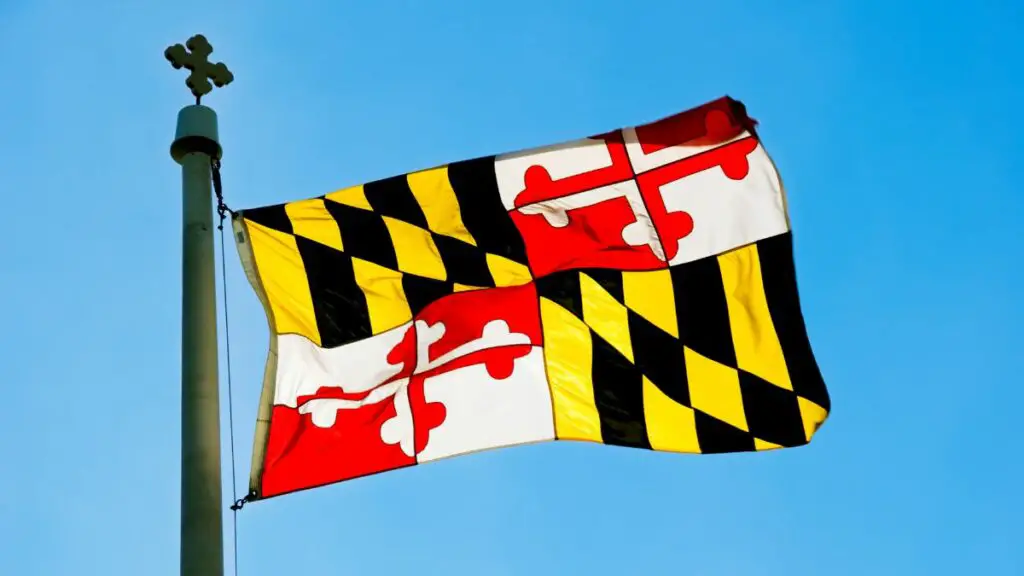Fortunately, state legislatures across the country are realizing that high school graduates need to be financially literate as soon as they walk across the graduation stage. With teens more able to access credit and debt than ever before, thanks to the near-universality of the Internet and smartphones, financial literacy is no longer a topic that young people can “learn as they go.” This is especially true when it comes to student loan debt, as many 18-year-olds are having to make quick decisions about taking on student loans to pursue college degrees. With the U.S. economy in a precarious condition due to inflation and a potential recession, there is little “wiggle room” for young people to make financial mistakes. This is why it is so fulfilling to see more states, including Maryland, exploring bills to mandate standalone personal financial literacy classes for high school graduation.
Maryland House Bill 99 Would Let State Board of Education Develop Mandatory Financial Literacy Course
The state board of education, which would develop the mandatory financial literacy course proposed by HB99, already has financial literacy education standards that date back to 2011. However, these standards are very broad, with few published specifics like learning about stocks and bonds, interest rates, etc. Individual schools have the option of requiring personal financial literacy as a standalone class, according to the 2021-2022 Personal Financial Literacy Report. Several districts have done so, with a few offering Personal Financial Literacy as an elective. Like other states with integrated financial literacy standards rather than a standalone class, most districts use Economics and/or Government to fulfill the standards.
School districts in Maryland have to report how they implement the state financial literacy education standards, including providing written evidence. This is a positive step, but will not suffice nearly as well as a standalone high school course. To assist schools in meeting the financial literacy requirements, the Maryland State Department of Education provides a webpage of resources. One valuable resource is the Maryland Council on Economic Education (MCEE), which includes information on the state’s financial literacy standards for public schools. With such great educational resources already well-known to the Department of Education, creating state standards for a standalone high school personal financial literacy course shouldn’t be too difficult!
State Has Lots of Good Financial Literacy Nonprofits
Like other states, Maryland doesn’t have to go it alone when developing financial literacy education. Many nonprofits to advance the topic are active in the state. The CASH Campaign of Maryland (with the acronym standing for Creating Assets, Savings, and Hope) brings together several nonprofits. It has also created the Maryland CASH Academy, which hosts regular online classes about financial literacy topics.
SkyPoint Federal Credit Union in Maryland also works to help with financial literacy education, offering such education to low-income individuals and young people. Its Financial Wellness resources help people learn more about money management, including counseling and educational programs. SkyPoint has partnered with Banzai to offer lots of convenient financial literacy education, including quick videos. The credit union’s partnership with GreenPath allows members easy access to financial counseling and free resources like financial guides and worksheets.

